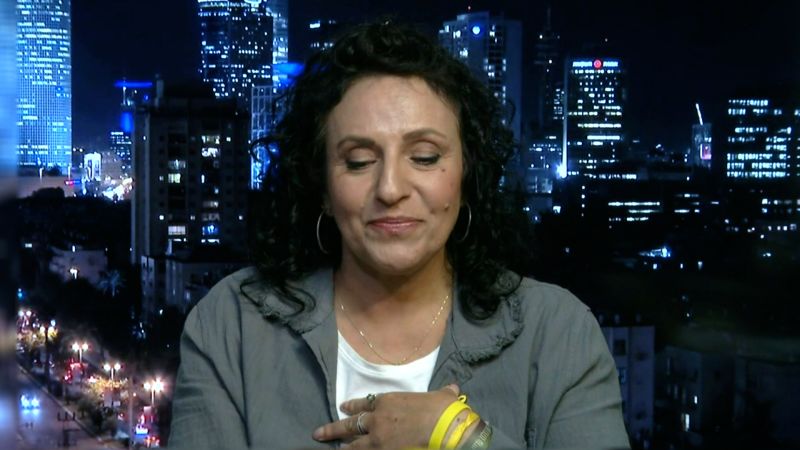Why It Matters: Amid a housing crisis, the rent vote is a flashpoint.
Rent-stabilized apartments make up about 44 percent of all New York City rentals, and are home to roughly two million people.
The median rent in rent-stabilized apartments is $1,400, more than 20 percent lower than that of unregulated apartments, according to a recent city survey, making the homes a crucial source of lower-cost housing in one of the most expensive cities in the nation.
And the median household income of people living in rent-stabilized apartments is around $44,000, more than 33 percent lower than that of tenants in unregulated apartments, according to city estimates.
That makes the board’s annual vote a tense flashpoint in the long-running dispute between renters and landlords over the cost of living.
“Given the severity of last year’s rent hikes coupled with the ongoing citywide housing crisis, the board should unequivocally reject any proposed increases for tenants in rent-stabilized units and commit to an outright freeze,” Adriene Holder, chief attorney of the Legal Aid Society’s civil practice, said in a statement on Monday.
But landlords have said they need more rent revenue to make up for the increasing cost of running and maintaining rent-stabilized homes.
“Rent adjustments are absolutely necessary this year to ensure the health of housing stock for low-income renters, and the ability of building owners who provide affordable housing to meet these increased costs,” said Michael Tobman, a spokesman for the Rent Stabilization Association, a landlord group, in testimony to the board last week.
Background: Rent froze during the pandemic but rose last year.
The rent-stabilization system was established in 1969. It is designed to insulate renters from sharp increases in rent. (It is separate from New York’s smaller rent-control program.)
The members of the Rent Guidelines Board are all appointed by the mayor and include two representatives for owners, two for tenants and five for the public. The board’s annual votes represent one of the few ways the mayor can directly address the city’s housing costs.
Last year, the board voted 5 to 4 to raise rents on one-year leases by 3.25 percent in rent-stabilized homes and on two-year leases by 5 percent — the highest increases in almost a decade.
The vote was the first during the administration of Mayor Eric Adams, who has been more sympathetic to landlords’ worries than his predecessor, Bill de Blasio.
What’s Next? The final vote is in June.
The vote to determine the final increases is likely to take place in June. For at least the past 20 years, the final figures have matched the outcome of the preliminary vote.







More News
Here’s the latest on the president’s speech.
The Scramble to Broker a Gaza Deal, and More Questions for Boeing
Xi to Head for Friendly Ports in an Eastern Europe Disenchanted With China